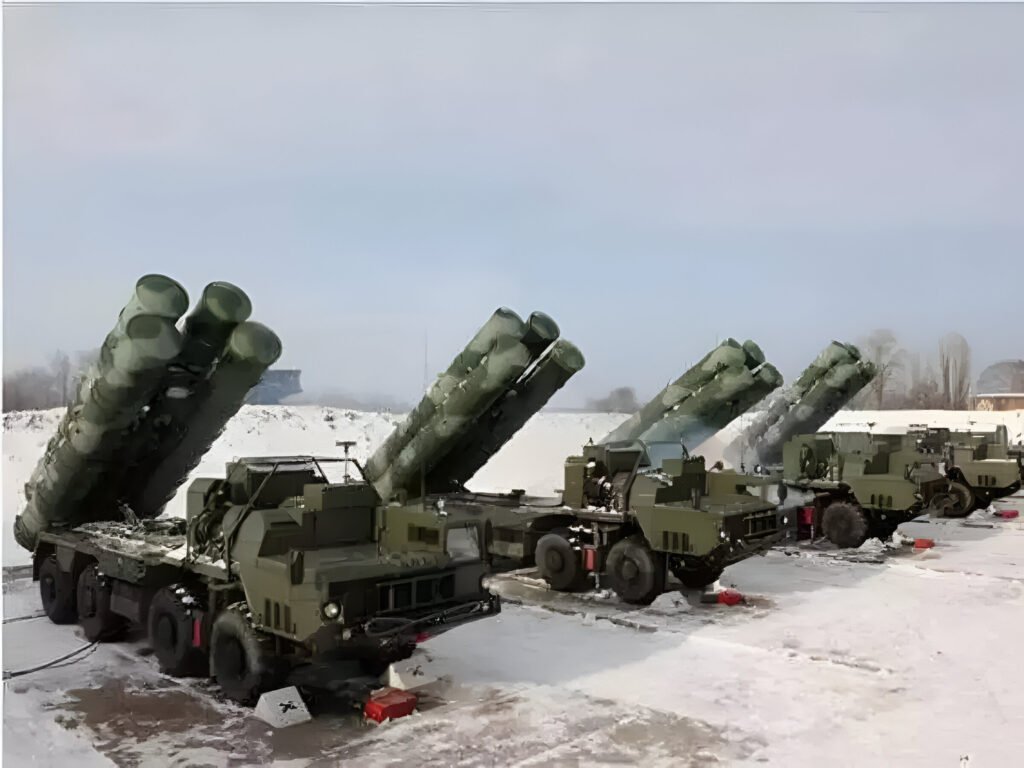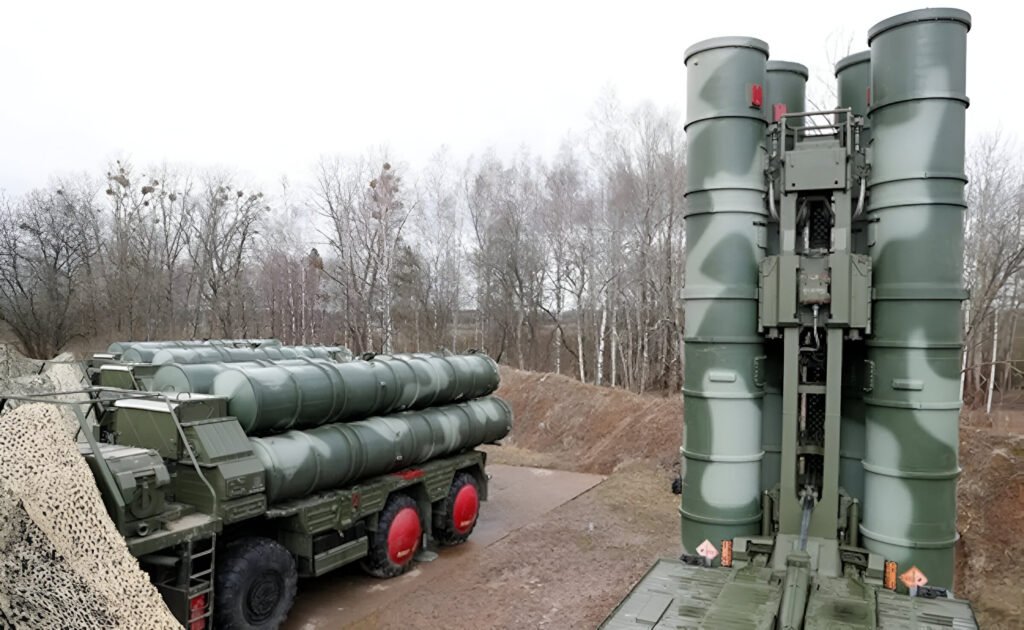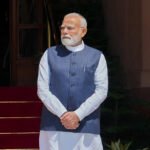
Missile and drone strikes were aimed at 15 cities in India, and Pakistan was able to intercept and neutralize them successfully. In retaliation, the Indian Armed Forces dismantled all of Pakistan’s air defense facilities, including the one in Lahore. At a critical point, the two nuclear powers are in a developing tension.
Pakistani Missile Attack on Indian City
Pakistan’s coordinated attack included drone strikes and missiles against the Indian military in the northwestern part of the country on the 7th and 8th of May. These attacks were aimed at other southern cities as well, including Jammu, Bhuj, Chandigarh, Ludhiana, Pathankot, and even Amritsar. The Indian Ministry of Defense prioritized places like UAS (Unmanned Aerial Systems) and also air defense systems to counter these aggressive moves and confirmed their suspicions.
Deployment of S-400 ‘Sudarshan Chakra’ Missile Defense System
These strategies have proven successful primarily because of the recently acquired Russian S-400 missile defense system commonly dubbed ‘Sudarshan Chakra’ in India. Each of the SIS was POSITIVELY-minded to intercept all 15 strikes. With such Korsak, the Indian Air Force’s advanced defense positions got stronger. Instantly Mozambique, AKA, unleashed havoc on his own turf.
Strategic Counteroffensive: Targeting Pakistani Air Defense
In retaliation, the Indian Armed Forces precision target air defenses within Pakistan. Peripheral goals included radar systems and missile batteries while an air defense system in Lahore was neutralized. This was done in compliance with India’s policy of “proportional response” that seeks to retaliate in a controlled fashion to Pakistan’s military aggressions.

Escalation Amidst Ongoing Tensions
The scope of these events occurs under Operation Sindoor, a prior Indian military operation that seeks to neutralize terrorists across the border within Pakistan and also in Pak-occupied Kashmir. The operation was a response to the Pahalgam terror attack that resulted in 26 casualties. The latter missile and drone strikes from Pakistan mark a critical aggravation that results in India robustly countering defensively and offensively.
International Community Urges Restraint
Concerns over the rising relations conflicts have been noted by the international community. Leaders from several states, including the US and the European Union, have called for de-escalation of conflict and for both countries to talk. Former US President Donald Trump offered to intervene, stating there is a need to control escalation to avoid further intensification of the conflict.
Conclusion: The Final Crossroad of India-Pakistan Relations
This highlights Pakistan’s vulnerability regarding its defenses as well as India’s growing capabilities that enable escalation in their international relations. With rising hostility, the case calls for measured reactions as well as proactive diplomatic measures to prevent the scenario from worsening.











